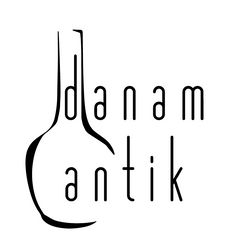Description
Royal Copenhagen Figurine Two Mice No 521 H 4cm/1.57", L 8cm/3.14", Design Arnold Krog
Payment & Security
Your payment information is processed securely. We do not store credit card details nor have access to your credit card information.








